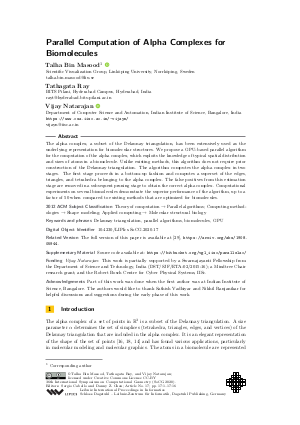LIPIcs.SoCG.2020.17.pdf
- Filesize: 1.88 MB
- 16 pages

 Creative Commons Attribution 3.0 Unported license
Creative Commons Attribution 3.0 Unported license











Feedback for Dagstuhl Publishing